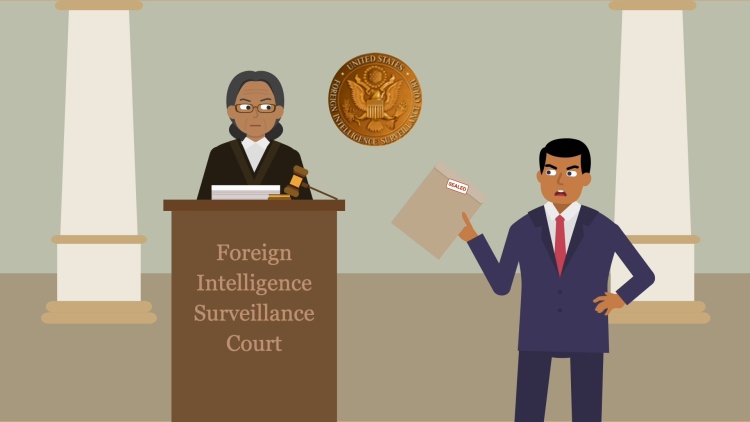In re: Sealed Case Nos. 02-001, 02-002
Foreign Intelligence Surveillance Court of Review
310 F.3d 717 (2002)
- Written by Samantha Arena, JD
Facts
After the enactment of the Foreign Intelligence Surveillance Act (FISA), 50 U.S.C. §§ 1801-62, and the disposition of various cases related to foreign intelligence surveillance, including U.S. vs. Truong Dinh Hung, 629 F.2d 908 (4th Cir. 1980), the U.S. Department of Justice (DOJ) interpreted the “purpose” language in FISA to mean that the executive branch should be excused from securing a warrant only when the object of the search is a foreign power, its agent, or collaborator and only if the search is conducted primarily for a foreign intelligence purpose. To ensure that the “primary purpose” requirement was satisfied, a number of procedures were adopted by both the Attorney General and the DOJ, mandating a barrier to prevent Federal Bureau of Investigation (FBI) intelligence officers from communicating with law enforcement agents regarding ongoing foreign intelligence investigations. In October 2001, in response, Congress passed the Patriot Act (PA), 50 U.S.C. § 1806(k), an amendment to FISA. The PA changed the “purpose” language in FISA to a “significant purpose” and added a provision allowing officers who conduct surveillance to acquire foreign intelligence to consult with federal law enforcement officers to coordinate efforts to investigate or protect against attacks or hostile acts. On July 19, 2002, the government submitted a surveillance application for approval, and the FISA court granted the order with various restrictions, including that law enforcement officials shall not make recommendations to intelligence officials concerning FISA surveillances, even after the PA expressly allowed consultation and coordination between the two groups of officials. The government appealed the order, arguing that the primary purpose test was not a legitimate construction of FISA in the first place, and even assuming that it was, the PA altered it.
Rule of Law
Issue
Holding and Reasoning (Per curiam)
What to do next…
Here's why 907,000 law students have relied on our case briefs:
- Written by law professors and practitioners, not other law students. 47,100 briefs, keyed to 996 casebooks. Top-notch customer support.
- The right amount of information, includes the facts, issues, rule of law, holding and reasoning, and any concurrences and dissents.
- Access in your classes, works on your mobile and tablet. Massive library of related video lessons and high quality multiple-choice questions.
- Easy to use, uniform format for every case brief. Written in plain English, not in legalese. Our briefs summarize and simplify; they don’t just repeat the court’s language.





